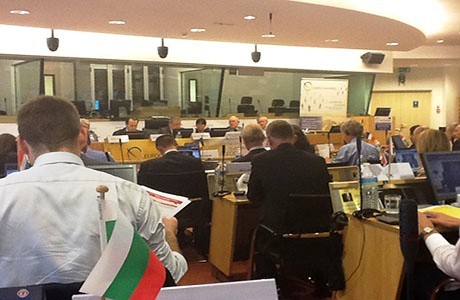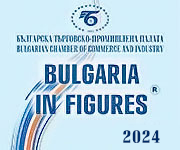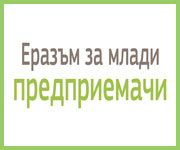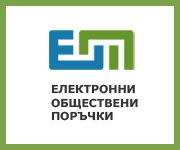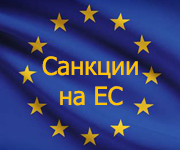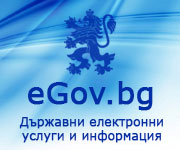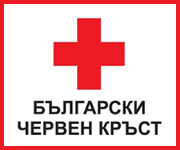Назад
Назад
EUROCHAMBRES: The business needs knowledge and financing to generate growth and employment
Today in Brussels the 111th Plenary Assembly of the Association of European Chambers of Commerce and Industry (EUROCHAMBRES) was held. BCCI President Tsvetan Simeonov took part in the event together with the representatives of 32 Chambers of Commerce from Europe and the region.
The President of EUROCHAMBRES Alessandro Barberis reviewed the Association’s achievements in influencing the legislative outcome, revising the institutional procedures or proposing new programmes, measures or activities, among which:
E-Procurement (2012): following repeated calls over several years from EUROCHAMBRES for putting into practice what it preaches in relation to e-government, in April 2012 the European Comission committed to lead by example and fully implement e-Procurement by mid 2015.
European patent package (2011): EUROCHAMBRES lobbied for a review of the patent system with objective to cut costs, improve efficiency and accessibility for SMEs to patent.
Continuation of an EU SME programme post 2013 (2011): EUROCHAMBRES lobbying to safeguard post 2013 EU support for SMEs’ competitiveness led to the inclusion in the European Commission’s June proposal for the 2014-2020 Multiannual Financial Framework of a “Competitiveness and SMEs Programme”. This Programme also ensures ongoing co-financing of the Enterprise Europe Network.
Reforms to the Framework Programme for Research & Development (2011): EUROCHAMBRES pressed for increased SME access to research funding and a more demand/innovation driven rationale. This was reflected in the European Commission’s proposal for the new FP proposal, now called “Horizon 2020”, which includes a specific SME Research and Innovation instrument.
Communication on Internationalisation of SMEs “Small Business, Big World” (2011): EUROCHAMBRES succeeded to include in the (draft) communication a strong reference to Chambers of Commerce as providers of internationalization services.
Smart regulation (ongoing): several EUROCHAMBRES proposals for the reduction of administrative burdens taken up by the Commission’s High Level Group. Following repeated demands from EUROCHAMBRES over several years, the Commission agrees to extend minimum public consultation periods from eight to twelve weeks as of 2012.
Single Market Act (SMA) (2011): EUROCHAMBRES’ proactive policy activities related first to the Monti report and then to the draft Single Market Act have ensured the inclusion of several Chamber priorities in the final SMA fast-track list (e.g. venture capital, patent, Alternative Dispute Resolution, electronic identification and authentication, etc.)
East Invest (2010): In response to a request from many members, EUROCHAMBRES lobbied for an economic cooperation programme with the Eastern Neighbours in 2009. As a result, the East Invest programme was finally published and in 2010 EUROCHAMBRES was awarded a grant by the European Commission for its implementation in 2010-2013.
Alessandro Barberis outlined the tendencies and main trends for the European national Chambers of Commerce, to which BCCI will also adhere in its work – stabilizing the economic environment, overcoming the consequences of the economic crisis, facilitating the business with an emphasis on SMEs, easing the regulatory regimes, developing well-qualified and enough human capital.
The key messages to European businesses may be summed up as follows: creating new sustainable jobs, increasing investment and production consumption, technological progress, development of applied science.
The parameters of the upcoming 3rd European Parliament of Enterprises were among the topics discussed by the Plenary Assembly. The event will take place on 18 October 2012. The European Parliament of Enterprises is held every two years in the European Parliament in Brussels with the participation of business representatives from all over Europe. BCCI will organize a Bulgarian business delegation to take part in the Parliament of Enterprises for the third time. The quota for the Bulgarian delegation is 18 business representatives.
The main topics to be discussed at the European Parliament of Enterprises 2012 include: employment – legislation, youth unemployment, vocational training, demographic changes, aging population; growth – access to financing, access to markets, domestic and foreign markets; competitiveness – energy and resource efficiency, innovation, education, R&D, taxes.
31.05.2012
Още новини:
-
30-05-2012
-
29-05-2012

 1 USD =
1 USD =  1 GBP =
1 GBP =  1 CHF =
1 CHF =  ISO 9001:2015
ISO 9001:2015